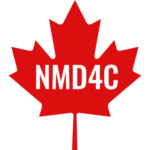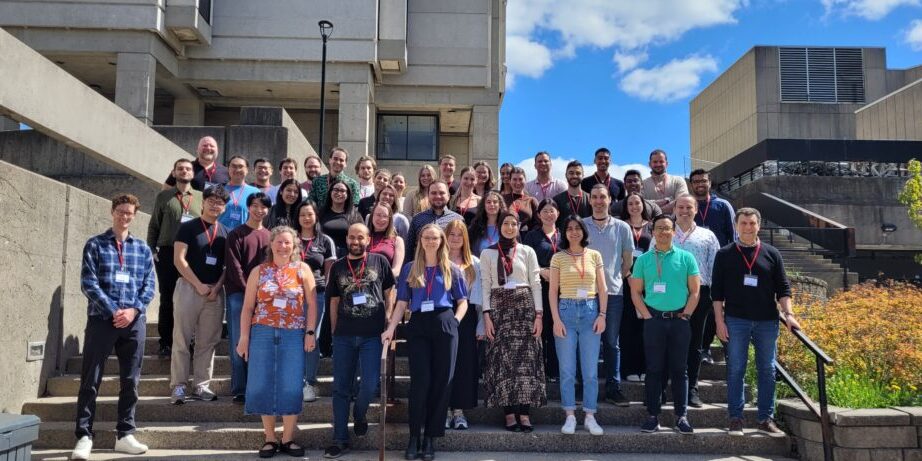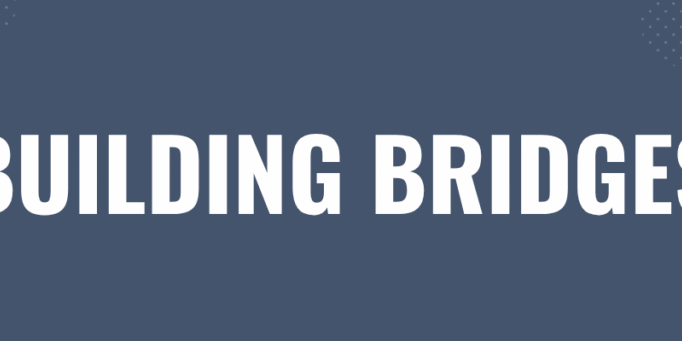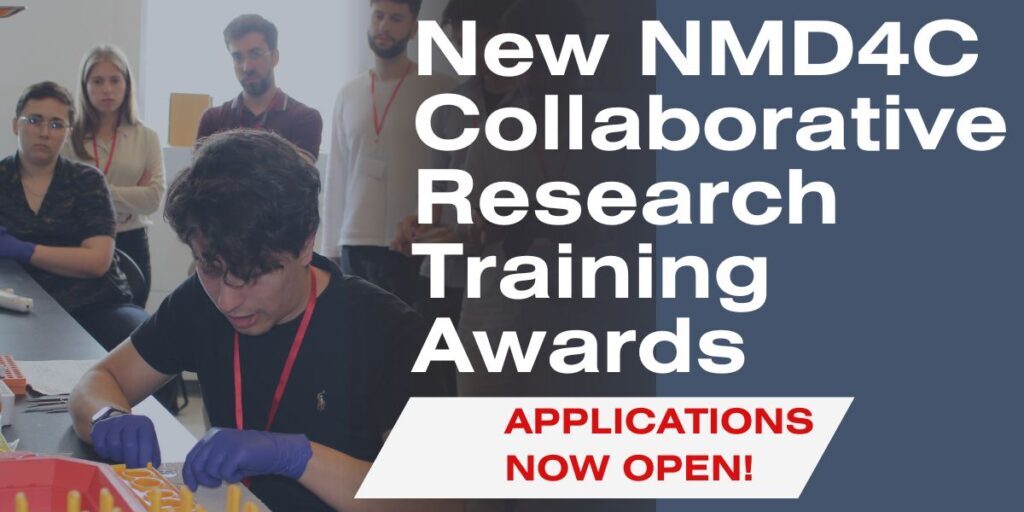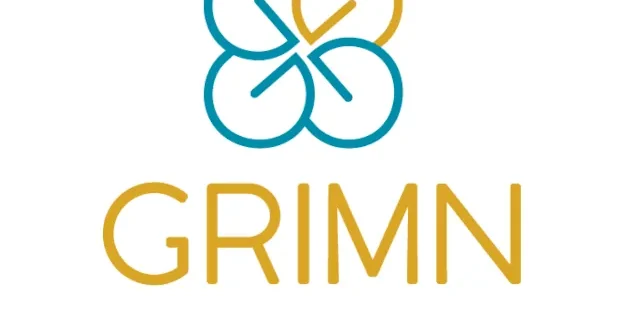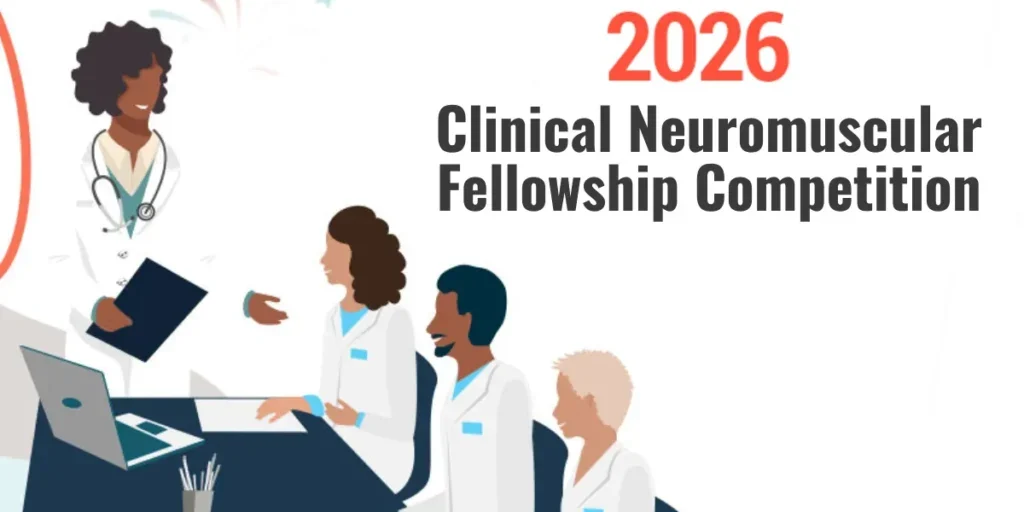Pulmonary support for people with myotonic dystrophy during COVID-19 pandemic
New COVID-19-related guidance has been produced for people living with myotonic dystrophy who already use some respiratory support at home or who need it if they get sick. These devices are very important to keep you breathing well, but extra care needs to be taken to make sure they are kept clean and to limit the spread of the virus, as they can increase the risk of virus-infected particles being released into the air.
Many people with myotonic dystrophy do not use ventilation when they are otherwise healthy, but some do use non-invasive ventilation at home. Others may require respiratory support if they contract COVID-19 because their breathing muscles are weaker than normal.
Specific guidelines for myotonic dystrophy patients and their doctors in case of a COVID-19 infection, created by Myotonic and the CHEST Home-Based Mechanical Ventilation and Neuromuscular Disease NetWork, can be downloaded HERE.
You can share these recommendations with your care providers and with any medical providers you have to see. Let them know you have myotonic dystrophy and that these guidelines were developed by leading pulmonologists and neurologists specifically for myotonic dystrophy patients suspected of being infected with COVID-19.
If you use respiratory support at home but are currently healthy, see additional guidance about how to avoid exposure to the coronavirus HERE.
***
De nouveaux conseils liés à la COVID-19 sont disponibles pour les personnes vivant avec la dystrophie myotonique qui utilisent déjà une aide respiratoire à domicile ou qui en ont besoin si elles tombent malades. Ces appareils sont très importants pour vous permettre de bien respirer, mais il faut veiller à ce qu’ils restent propres et à limiter la propagation du virus, car ils peuvent augmenter le risque de libération de particules infectées par le virus dans l’air.
De nombreuses personnes atteintes de dystrophie myotonique n’utilisent pas de ventilation lorsqu’elles sont en bonne santé, mais certaines utilisent une ventilation non invasive à domicile. D’autres peuvent avoir besoin d’une assistance respiratoire si elles contractent la COVID-19 parce que leurs muscles respiratoires sont plus faibles que la normale.
Les directives spécifiques pour les patients atteints de dystrophie myotonique et leurs médecins en cas d’infection par COVID-19, crées par Myotonic et traduites par NMD4C, peuvent être téléchargées ICI.
Vous pouvez partager ces recommandations avec vos professionnels de la santé et avec tous les intervenants médicaux que vous devez consulter. Faites-leur savoir que vous êtes atteint de dystrophie myotonique et que ces recommandations ont été élaborées par des pneumologues et des neurologues de renom, spécifiquement pour les patients atteints de dystrophie myotonique soupçonnés d’être infectés par COVID-19.
Si vous utilisez une assistance respiratoire à domicile mais que vous êtes actuellement en bonne santé, consultez les conseils supplémentaires sur la manière d’éviter l’exposition au coronavirus ICI.
